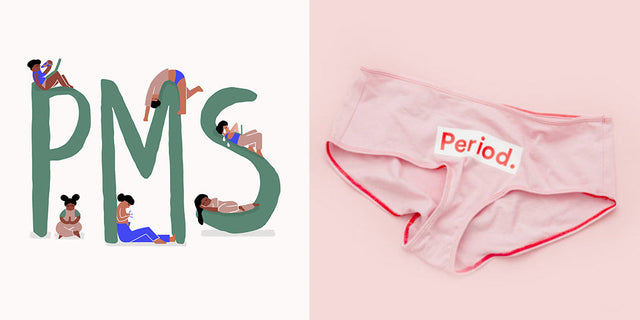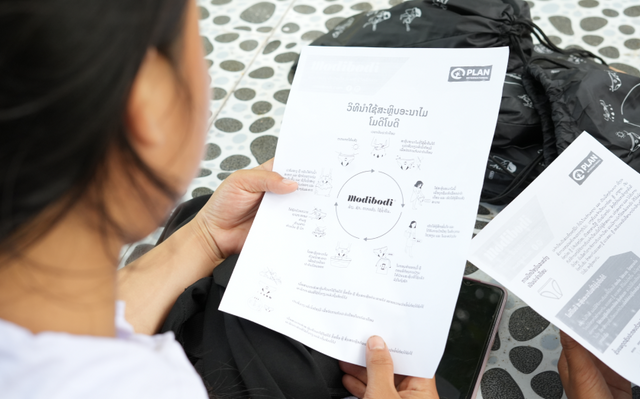October’s Mental Health Awareness Month so we’re shifting our focus to all things related to the mind and how it works. If you’ve ever had a period, there’s a 30% chance you’ve experience Premenstrual Syndrome (PMS) and if you haven’t experienced it yourself, you’ve probably heard about it from friends, health articles and mummy blogs. What exactly is PMS? PMS can be defined as the range of physical and emotional changes a person goes through in the lead up to their period. These changes usually stop when the bleeding starts. It’s very important to acknowledge that PMS isn’t just in your head and there’s a reason for your monthly mood swings and irritability. PMS isn’t just a buzzword or the punchline to a joke on a early 00’s sitcom, it can have a very real impact on people who suffer from it and its effects aren’t only mental, they can be physical too.
Symptoms of PMS include, but are not limited to:
- Irritability
- Anxiety
- Food cravings
- Digestive upsets
- Mood swings
- Changes in sleeping patterns
- Hot flushes and sweats
Factors that contribute to PMS include:
- Genetics
- Stress
- Smoking
- Genetics
- Poor physical health
Some people have incorrectly attributed PMS to an excess of oestrogen, vitamin B6 deficiency, electrolyte imbalances, etc. but those theories have been unproven. So, how do you deal with PMS? Find ways to go with it. We recommend getting a period tracking app so you’re aware of when your period is due and by default, when to expect your PMS to strike. There’s no cure for PMS but you can modify the severity of it by making dietary changes, consulting with your GP about hormone treatments and other therapies and making certain lifestyle changes. If you’ve had ongoing symptoms after bleeding for more than two periods we recommend speaking to a medical professional.
(Image sources: Karo Oh and Period Parcel)








